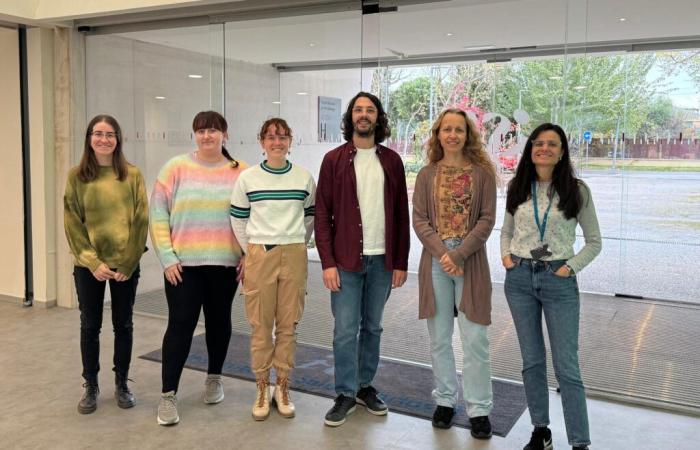HIV research continues to challenge paradigms, especially in the context of low grade viremia where recent advances from the Carlos III Health Institute (ISCIII) have shed light on the complex effects of the virus on the immune system. Two innovative studies, published in journals Journal of Biomedical Science y Frontiers in Pharmacologyhave demonstrated the impact of infection on cellular senescence and the possibility of reprogramming the immune system.
The first study, led by Verónica Briz, from the National Center of Microbiology of the ISCIIIrevealed that low-grade viremia—viral RNA levels between 50 and 200 copies/mL—increases cellular activation and senescence in people on long-term antiretroviral treatment. term. This phenomenon could be a precursor to serious diseases not related to HIV, such as malignant neoplasms and cardiovascular disorders .
“HIV-induced immunological senescence represents a challenge to prevent comorbidities in patients under antiretroviral treatment”
The impact of low-grade viremia not only affects the activation of T cells, but also causes an exhaustion of immunological memory and a reduction in cytotoxic capacity. This underlines the need to improve therapeutic strategies to minimize these side effects in patients.
Reprogram the immune system
The second study, led by Mayte Coiras, also from ISCIIIproposes a revolutionary approach: the use of immunomodulators such as ponatinib to enhance antiviral activity and reduce viral reservoirs. This approach could represent a significant step toward HIV control in the absence of antiretroviral treatment.
Ponatinib, a tyrosine kinase inhibitor initially used against chronic myeloid leukemia, has been shown to be effective in vitro in inducing antiviral activity in CD4+ T lymphocytes. During the study, 23 patients treated with this drug showed notable T cell resistance to HIV infection, even one year after stopping treatment.
“The potential of immunomodulators to reprogram the immune system could change the paradigm in the management of HIV”
In addition to reducing viral replication, this approach suggests the possibility of keeping patients free of antiretroviral therapy without risk of significant virus reactivation.
Future without viral reservoirs
These advances highlight the importance of combining immunological and pharmacological treatments to address historic HIV challengessuch as the persistence of viral reservoirs. The scientific community is getting closer to achieving long-term control of the infection without relying exclusively on antiretroviral treatments.
In a context where World AIDS Day remembers the importance of research and awareness, the ISCIII findings are a reminder of the transformative impact of science in the fight against HIV.






